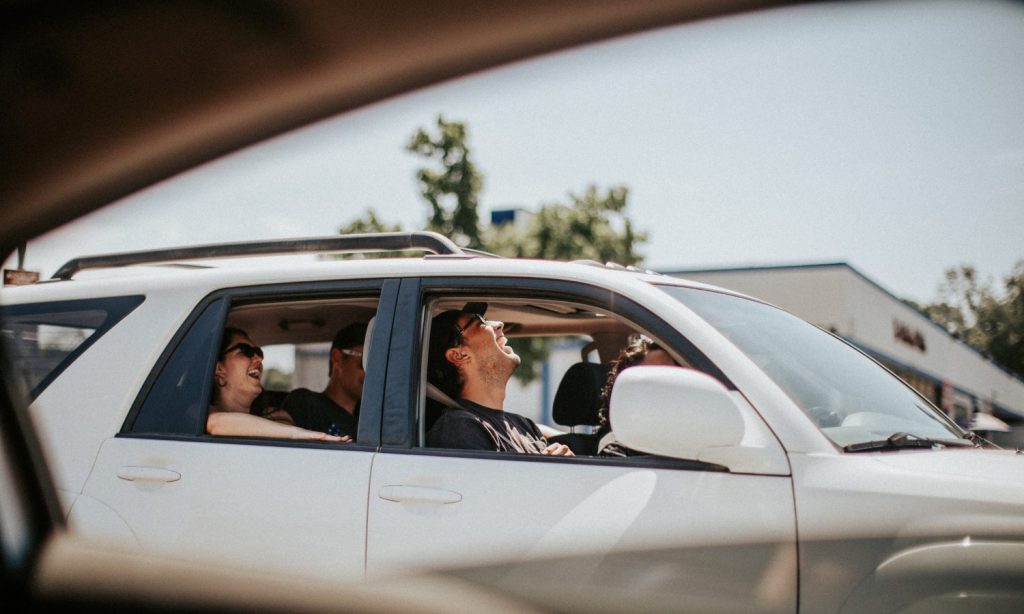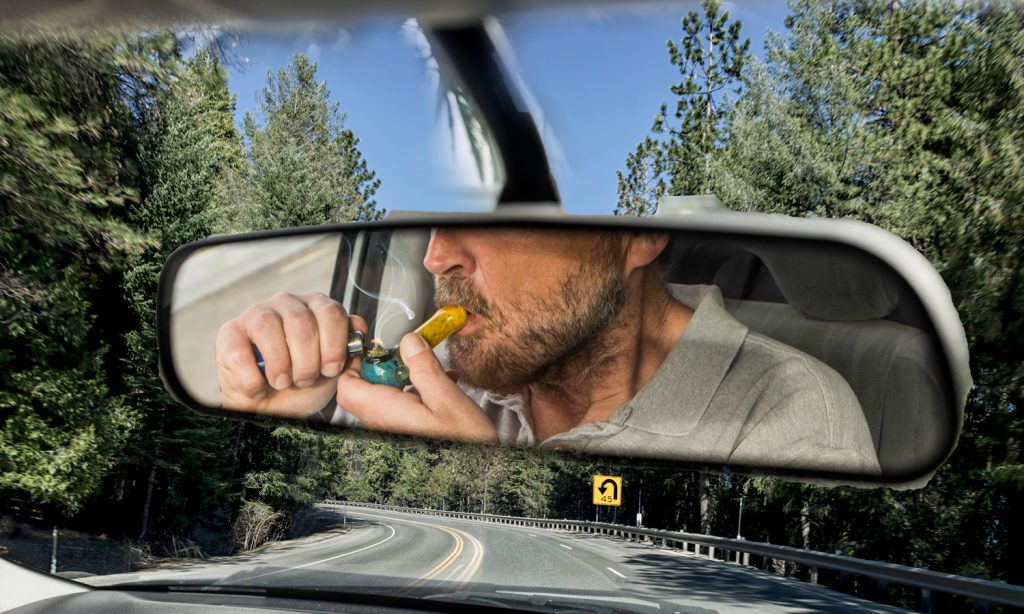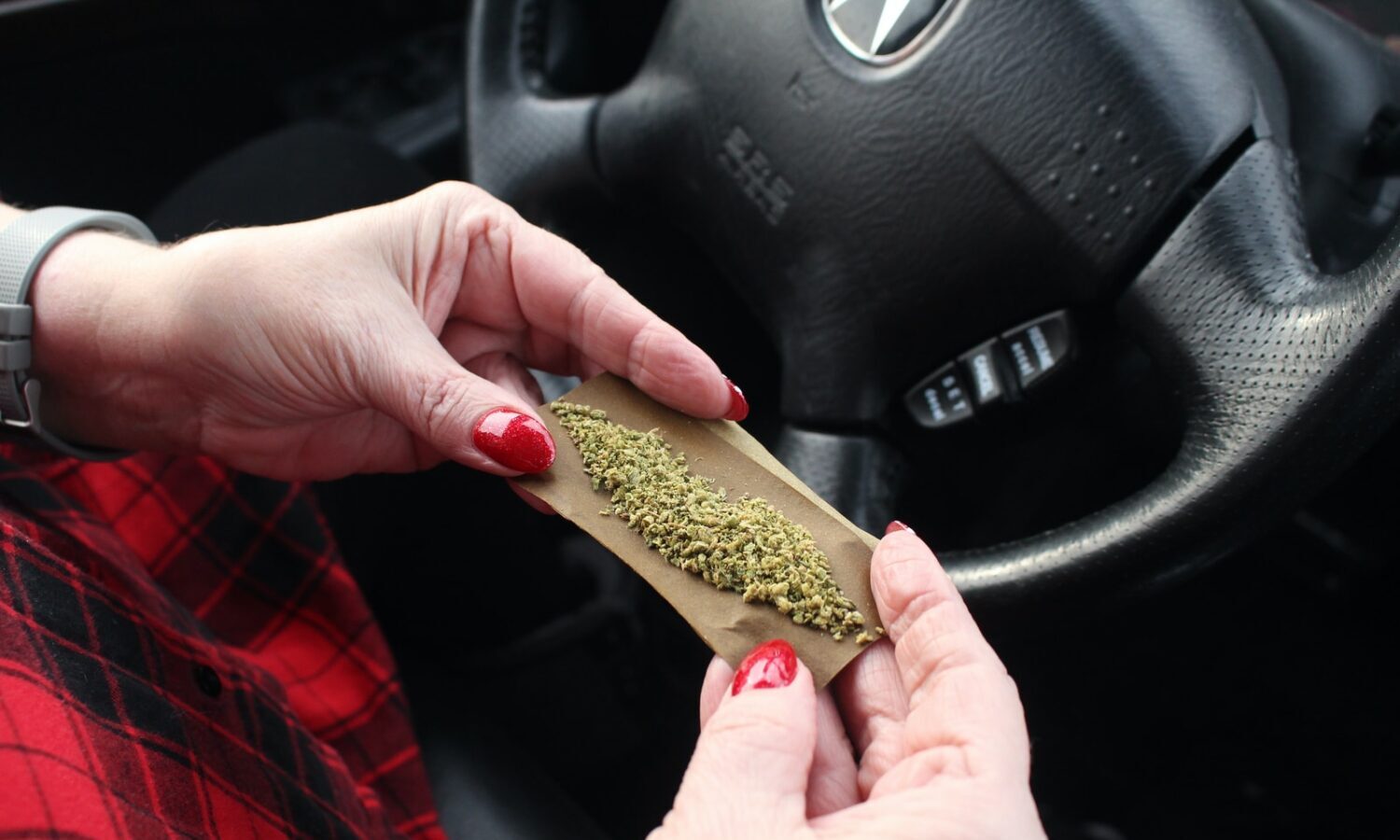A new study finds that weed impairs drivers, hours after they’ve gotten high.
Cannabis’ effect on drivers is not wholly understood. While THC use impairs drivers, researchers and law enforcers are not clear on the amount of cannabis that needs to be in someone’s system for there to be impairment. They’re also not clear on how long cannabis leaves a person impaired for driving.
A new study narrowed down the time frame of cannabis impairment, discovering that people are usually fit for driving four hours after they consumed cannabis.
RELATED: Study: Consuming CBD-Rich Cannabis Has ‘No Significant Impact’ On Driving

Published in the JAMA Psychiatry journal, the study was conducted by researchers from the University of California. They looked at 191 regular cannabis users and did simulated driving tests on them, finding that cannabis consumption significantly declined their capability to drive.
Participants were split up into two groups: one that ingested a placebo and another that contained cannabis with either 5.9% or 13.4% of THC. Researchers measured impairment at different points of the study.
Broadly, results showed that participants who consumed THC performed lower in their Composite Drive Scores (CDS), which tested them on a variety of skills like following cars at varying speeds, responding to dividing attention tasks, and more.
Results are interesting upon closer look. While all cannabis consumers were reticent to driving right after consuming cannabis, 69% of them said they were ready to drive an hour and a half after consuming cannabis. Their CDS scores were low, showing that even though they thought they were ready to drive, their bodies remained impaired.
“Although users in the THC group felt impaired and were hesitant to drive at 30 minutes, by 1 hour-30 minutes they believed the impairment was wearing off and were more willing to drive. This was despite their performance not significantly improving from the 30 minute point,” said the study’s lead author, Thomas Marcotte.
Lastly, researchers found that at the 4-hour mark there was no difference between the placebo group and the cannabis group.
RELATED: Scientists Develop On-Site Test For Cannabis Use Similar To A Breathalyzer

Another interesting discovery the study made was the lack of correlation between blood concentrations and driving performance, something that we’ve written about in the past and that’s become the reason why a functioning cannabis breathalyzer will likely never get made. It appears that cannabis is a highly individualized experience; while someone may have high cannabis levels in their blood, they might not be as impaired as someone who has low levels of THC in their bloodstream and perhaps less experience with the drug.
This study provides a deeper understanding of how cannabis works in our systems and how it impairs drivers differently than alcohol, something that’s important to understand as cannabis earns legalization across states.


